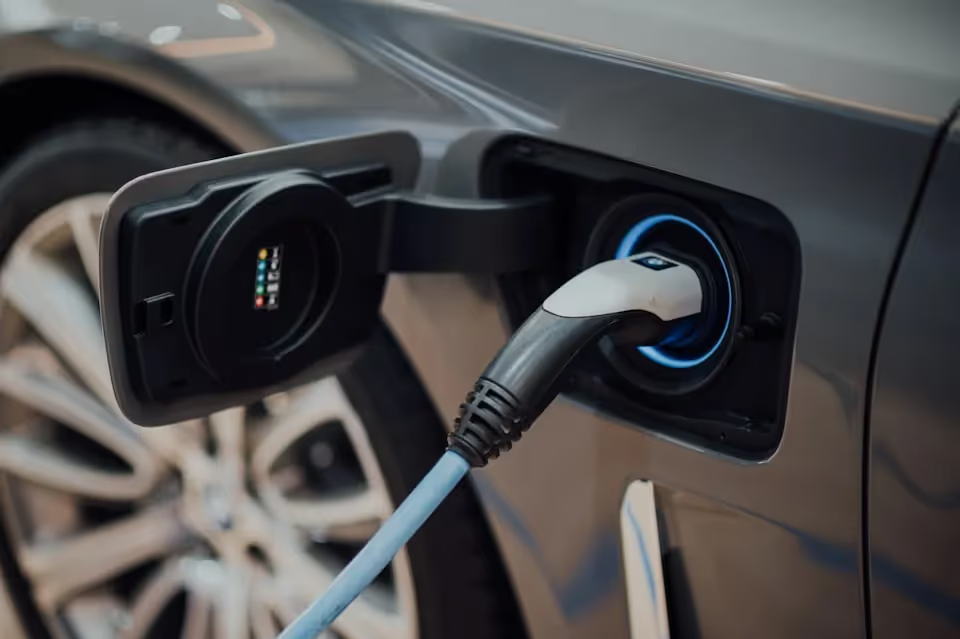Demystifying Electric Vehicles: Your FAQs Answered

Electric vehicles (EVs) have emerged as a revolutionary solution to combat climate change and reduce our reliance on fossil fuels. With advancements in technology and increased awareness of environmental concerns, EVs are becoming a mainstream option for consumers. However, there are still several common questions that people have regarding electric vehicles. In this blog post, we aim to address these FAQs and provide clarity on various aspects of EVs.
Are electric vehicles more expensive than traditional vehicles?
EVs have historically been associated with higher upfront costs, but this perception is changing rapidly. While the initial purchase price of an EV may be higher, factors such as government incentives, lower operating and maintenance costs, and decreasing battery prices are making EVs more financially viable in the long run.
What is the range of electric vehicles?
EV range varies depending on the make and model. Advances in battery technology have significantly extended the range of many modern EVs. Some high-end models can achieve over 480 kilometres on a single charge, while more affordable options offer ranges around 240-320 kilometres. It's essential to consider your daily driving habits and charging infrastructure when evaluating the range that suits your needs.
How long does it take to charge an electric vehicle?
Charging times vary based on the charging station and the EV's battery capacity. Home charging using a standard electrical socket can take several hours, while dedicated home chargers can reduce this time significantly. Public charging stations with faster charging capabilities can provide an 80% charge in around 30-45 minutes. Charging speed is an important factor to consider based on your driving patterns.
Where can I charge my electric vehicle?
Charging infrastructure is rapidly expanding, with more public charging stations and private charging options available. You can charge at home using a standard electrical socket or a dedicated EV charging station. Workplace charging, public charging networks, and fast-charging stations are also increasingly accessible, making longer trips more feasible.
Are electric vehicles better for the environment?
EVs produce zero tailpipe emissions, making them significantly cleaner than internal combustion engine vehicles. However, their environmental impact depends on the source of electricity used for charging. Charging from renewable sources like wind or solar power further reduces their carbon footprint.
What is the lifespan of an electric vehicle's battery?
Modern EV batteries are designed to last a long time. Most manufacturers offer warranties that cover the battery for around 8-10 years or a specific number of kilometres. Over time, battery capacity might degrade slightly, but it's not usually a significant concern for daily driving needs.
Do electric vehicles require special maintenance?
EVs have fewer moving parts compared to traditional vehicles, which means lower maintenance requirements. There's no need for oil changes, and brake wear is reduced due to regenerative braking. Regular maintenance involves checking the battery, tyres, brakes, and other basic components.
Electric vehicles are no longer a futuristic concept; they are a practical and environmentally conscious choice for modern consumers. As the EV market continues to evolve, addressing these common questions can help potential buyers make informed decisions about adopting this innovative technology. With expanding charging infrastructure, decreasing costs, and a commitment to sustainability, electric vehicles are poised to transform the way we drive and contribute to a greener future.



